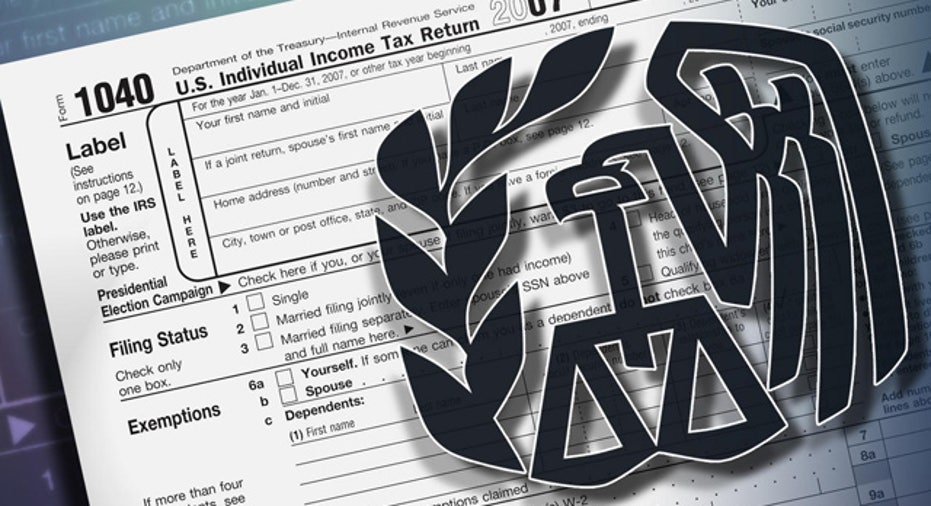The Big Tax Deadline You Never Heard Of

April 15 gets all the attention, but it's not the only tax deadline.
If you turned 70 1/2 in 2013 (or if someone in your family did), you've got an important one coming up. April 1 is the deadline for people who turned 70 1/2 to take their first annual required minimum distribution (RMD) from their individual retirement accounts and 401(k)s — you're supposed to take it by Dec. 31 of the year you turn 70 1/2, but that deadline is extended to April 1 for the first year.
For every year following, including if you wait until April 1 to take your first RMD, you have to take the distribution by the end of the year.
The Cost of Procrastination
If you don't, it could cost you significantly. Failing to withdraw the RMD will result in a 50% tax on the amount not withdrawn. It's up to the account holder to make sure he or she withdraws the proper amount, and you can withdraw more than the minimum, but know that anything extra doesn't count toward meeting the next year's minimum.
Everyone has a different RMD, and the Internal Revenue Service explains how to calculate yours: "Generally, a RMD is calculated for each account by dividing the prior December 31 balance of that IRA or retirement plan account by a life expectancy factor that IRS publishes in Tables in Publication 590," the IRS website says.
Another thing to know: Roth IRAs do not require withdrawal until the death of the owner. Also, unless the withdrawal was already taxed or can be received tax-free, it is going to be counted toward your taxable income.
If you have multiple retirement accounts, you'll need to make a withdrawal for each one. Given the steep penalty for failing to make a withdrawal, you'll want to make sure you don't overlook anything. It's not a bad idea to reach out to the institution that manages your account for guidance on RMDs, and the IRS offers a lot of helpful information on its website, as well.
Read More Credit.com
How to File Your Taxes for Free



















